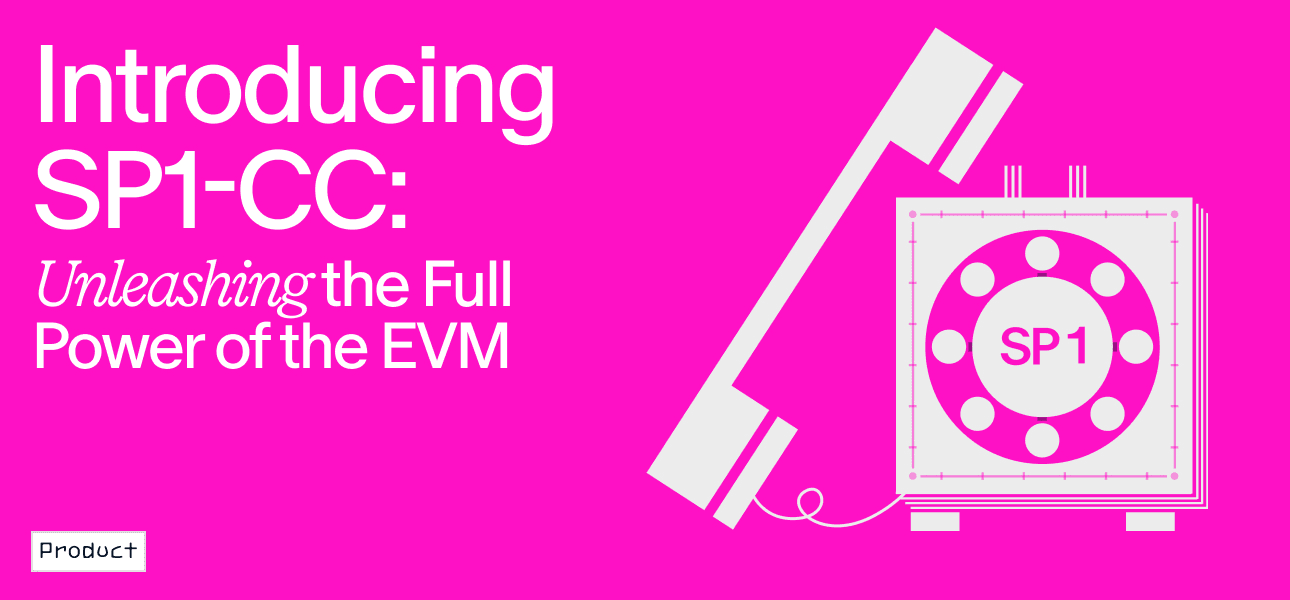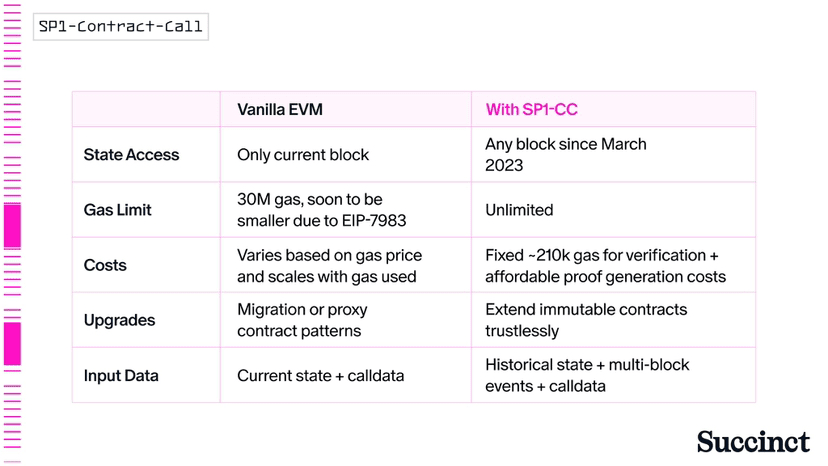Let's first talk about: What is Prove?
Prove (full name Succinct Prover Network) aims to turn 'zero-knowledge proofs (ZK proof)' from an expert tool into something everyone can use. It has established a decentralized 'prover market' that developers can call upon at any time, writing programs in familiar languages (like Rust), and then having provers in the network compute ZK proofs, which are finally submitted to the chain for verification. This way, generating proofs becomes both inexpensive and trustworthy, without needing to delve into cryptography from scratch or learn strange DSLs (domain-specific languages).
Is the underlying logic worth paying attention to?
Everyone actually wants to use zero-knowledge proofs — they can achieve privacy protection, cross-chain verification, lightweight client verification, etc. But in the past, working with ZK required specialized languages, dedicated circuits, and a lot of engineering effort. Prove's vision is to lower the barriers in this process. The key is that this is not just a tool, but a complete network that can generate revenue, facilitate governance, and compute proofs.
How does it work?
1. You develop applications, writing them as code: for example, state transition functions in Rollup, bridge code, or identity verification logic.
2.SP1 zkVM execution environment automatically generates proofs: no circuit design needed, just write in Rust to run proofs.
3. The network of provers collaborates to run proofs: you submit tasks, and multiple validators/provers help you compute, forming a networked market.
4. The lowest bidder wins + trust reward mechanism: Prove introduces a bidding model called 'proof contests', which maintains price competitiveness while ensuring network security.
5. Final result verification + on-chain confirmation: The generated proof can be used for verification anywhere, whether on EVM, Solana, or even on mobile and the web.
Who is using it? Who are the supporters?
The team behind it was established in San Francisco, USA, and the founders are experts with backgrounds in cryptography and systems engineering. The project has received support from top institutions like Paradigm. There are already dozens of projects, including Polygon, Celestia, and Avail, using it to generate Rollups, bridges, and lightweight client proofs. Overall, there have been over 5M successful generation records, with a TVL security coverage exceeding $4B.
What can the token PROVE do?
Pay for proof generation costs: If you hire validators to run proofs, pay with PROVE.
Staking + governance function: Holding tokens allows participation in proposal voting, collectively shaping the future direction of the network.
Limited supply: A fixed total of 1 billion tokens, providing a scarcity advantage.
How impressive does this sound?
Lowering technical barriers: Developers do not need to learn complex circuits, just one line of Rust to deploy proof.
Pre-validation + privacy + cross-chain in one: applicable for Rollups, bridges, privacy applications, ID systems, and even AI inference verification.
Decentralization is reliable: ensure reasonable prices with a bidding mechanism, proof quality is trustworthy, and market economy drives security and trust.
Great market potential: Various foundational chains need proofs, and there are already projects integrating them for critical layers.
What should we pay attention to?
Proof generation costs and speed: After all, creating such proofs requires significant computational power, and being market-driven, costs and delays are worth monitoring.
Robustness of the ecosystem: Currently, ecosystem projects are in the early stages, and long-term use will need to observe subsequent growth and practical cases.
Market competition: If ZK becomes popular, other zkVMs or networks may emerge, Prove must maintain its lead.
Prove (Succinct Prover Network) is a project that transforms 'ZK proofs from high-end, specialized tools' into 'infrastructure accessible to everyone'. This is not just about writing code and getting proofs, but more importantly, helping developers package and manage trust issues, allowing them to focus on product logic. This model is significant in areas like privacy, security, and cross-chain verification.

